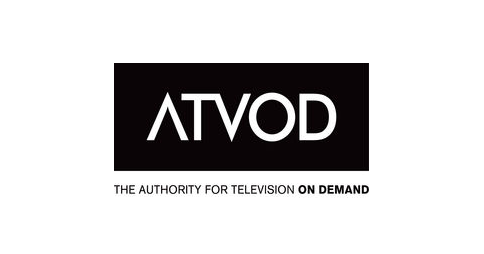
In 2014, for the first time, it was compulsory for VOD providers to report to ATVOD on their levels of access, and the report incorporates responses from 90 of them. The highest increases in captioning (called ‘subtitling’ in the UK) were on catch-up TV websites, including those of Channel 4 (4oD), Channel 5 (Demand 5) and ITV (ITV Player). These had captions on 65%, 72% and 74% of their programs respectively. (The BBC also provides captions on its iPlayer, but as ATVOD has no jurisdiction over this, figures are not included in the report.)
A number of VOD providers also began to provide captions on programs delivered on other platforms. Channel 5 now offers them on 72% of programs available via its Windows app, and 62% via its iOS app, while STV offers captions on 78% of programs available via its Windows app. Nickelodeon, Viaplay and Digital Theatre also provide captions via apps.
The only VOD providers to currently provide audio description are 4oD, Sky and Channel Entertainment, although Channel 5 and ITV have expressed an intention to introduce the service. ATVOD states that encouraging the provision of audio description will be a particular focus for it in 2015.
Nevertheless, many VOD services remain inaccessible, and the report discusses the barriers to providing access. These include:
- Logistical and technical issues, including the challenges of providing access services for programs originally broadcast live
- Issues with sourcing content with access services, or acquiring the rights for them
- Confusion over whether the content provider or the delivery platform should be responsible for providing access
- Technical difficulties arising from the diverse range of content providers and delivery platforms
To counter the last issue, ATVOD continues to facilitate the sharing of information between service providers through its Working Group on Access Services. This is promoting the use of a technical standard for captions (EBU-TT), which enables captions to be more easily transferred across different platforms. The standard has now been adopted by NBC Universal and several other service providers. ATVOD has indicated that unless there is significant progress in introducing access on VOD services, the industry could face regulation in 2016.
Responding to the ATVOD report, Paul Breckell, Chief Executive of the charity Action on Hearing Loss, called for more action from VOD suppliers. “It’s unacceptable that so little subtitled VOD content can be viewed via commercial platforms like Virgin or YouView. We know there are no fundamental barriers to the delivery of subtitles on VOD, as demonstrated by the BBC, who have worked with multiple platforms to make their iPlayer accessible across thousands of devices.”
The Provision of Video on Demand Access Services – 2014 Report can be downloaded from the News and Consultations page of ATVOD’s website.
In 2013, Media Access Australia released a report,Captioning on Video on Demand: It's Time for Australia to Catch Up, which can be downloaded from our Video on demand page. We will be releasing an updated VOD report in 2015.
Top of page

